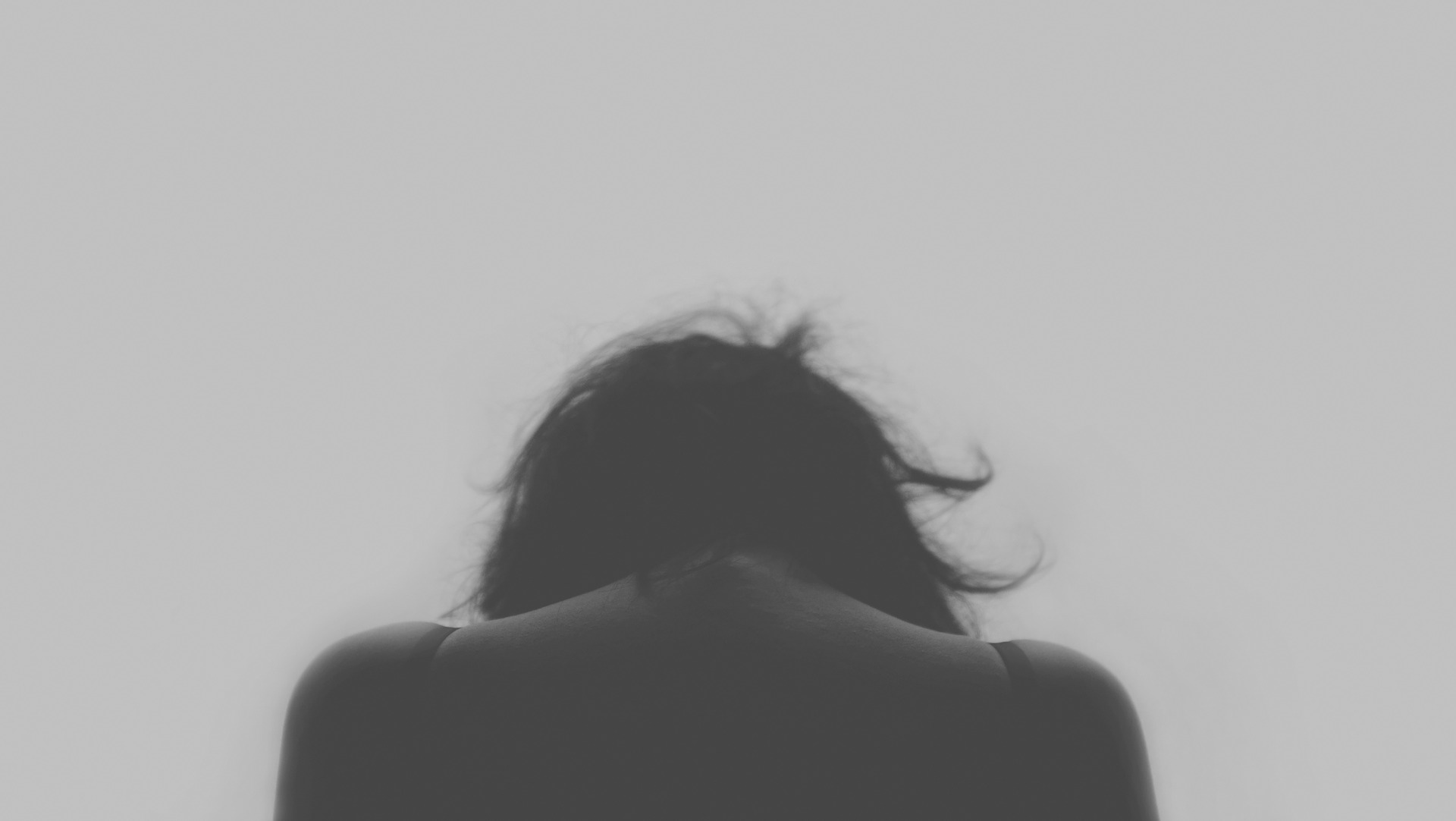I screamed no. I screamed no, and he didn’t listen. He listened when I said yes to going to his room, he listened when I said yes to making out, but when I said no to sex, he didn’t listen. That’s rape. He took away my voice, my choice. He overpowered me, rendering me helpless. I see myself on a bed, in a shower, bleeding. I hear myself begging him to stop. I didn’t bite him. I didn’t hit him. I just begged. I hear and see this scene over and over in my head day and night. Awake and asleep. I feel like a slave to the memory. I can’t escape it – not in one piece anyway. I tried many things to escape the memories: drugs, alcohol, my eating disorder. None of them worked. My own destruction did not lead to freedom. It led me to entrapment. I had to get treatment.
That night I said no, I used my voice, but when he didn’t listen, I stopped talking. I started to use actions to explain my pain because, after all, my voice hadn’t been enough. My voice could not save me. My voice wasn’t worth listening to. I felt like the Moses begging Pharaoh to let me go, but I wasn’t taken seriously.
While processing what happened, I found that a biblical figure, a person enslaved in Egypt, could help me through. But it wasn’t the main character, Moses. It was his sister, Miriam.
Miriam was a slave in Egypt her whole life. She was treated poorly and not listened to. Her opinion did not matter to Pharaoh, and her fate was controlled by a man who did not know how to treat others with dignity. Miriam did not let this treatment take away her voice. Upon being freed, she sang and danced. She used her voice to unite her people.
I think the key to getting through the flashbacks, the nightmares, and the self-blame is to channel my inner Miriam. My attacker would probably prefer I stay silent. But I have a voice, a beautiful one like Miriam’s that is capable of uniting people. My voice is able to reach out and say to other survivors, “You are not alone.” I live with the memory of my rape every day. It will not go away if I stay silent and ashamed. Silence feeds the shame, and shame feeds the silence. It’s a cycle that can only be stopped by using my voice to describe my experience as a survivor.
I imagine, after being enslaved her whole life, it was both scary and freeing for Miriam to use her voice. Scary, because what if no one listened? What if she was again dismissed, and this time, not by Pharaoh, but by her own people? But freeing, because she could finally express herself. She could finally dance and praise and unite her people. I imagine when Miriam broke out in song, she felt like she gained her power back – a power that she never really lost, but just had to reach deep down to find.
My memory likes to play games with me, rendering me the villain in this story, telling me I willingly went to a drunk boy’s room. I willingly made out with him. I must have been asking for it. If I let my mind win, I am a victim. But if I channel my inner Miriam, I am no longer helpless. I am a strong, independent, vibrant woman who will not be silenced by a man who refused to listen.
Jourdan Stein is an education major at Drexel University.


